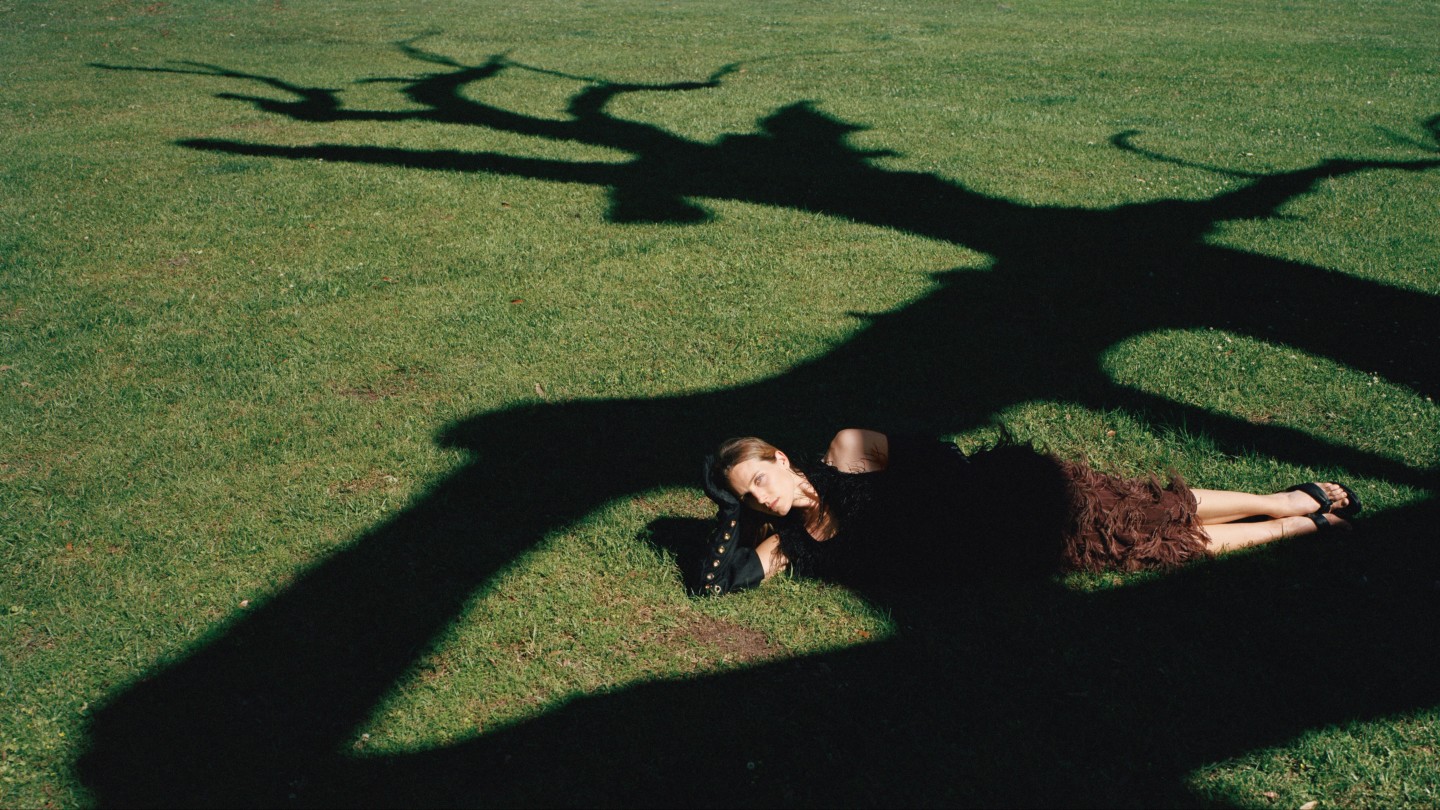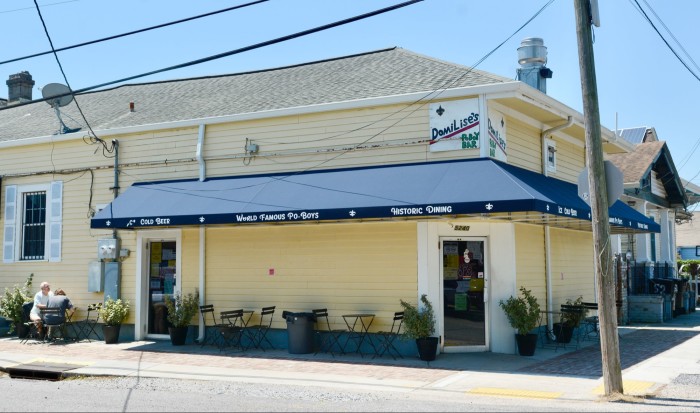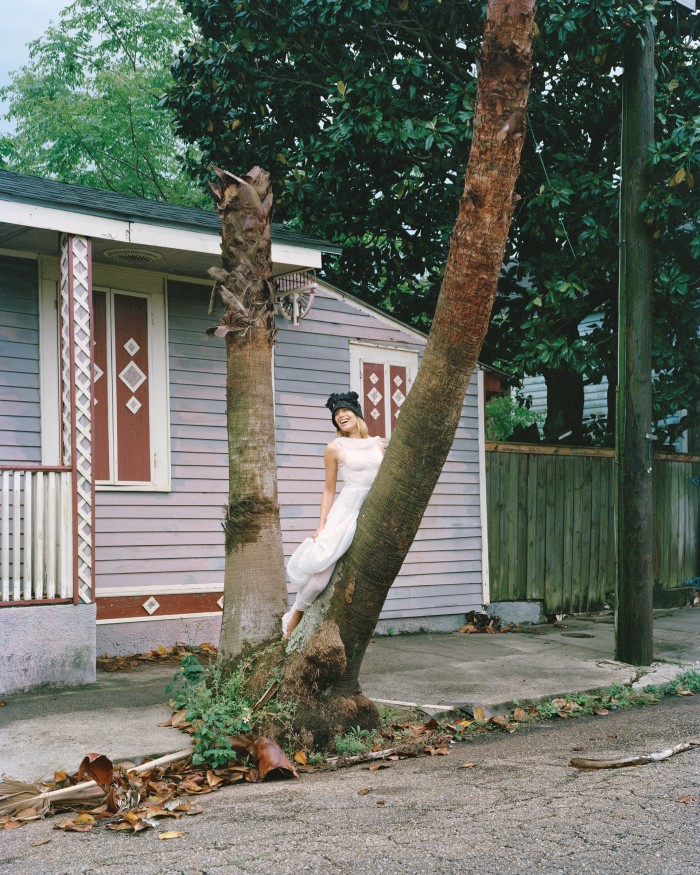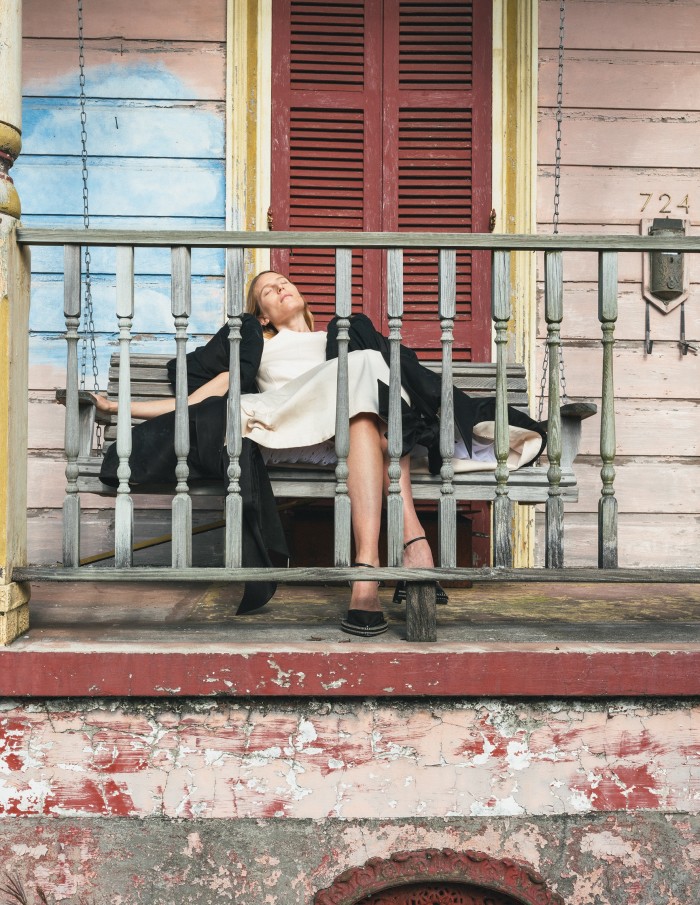A fine romance in New Orleans

Simply sign up to the Style myFT Digest -- delivered directly to your inbox.
Before we were married, my wife and I found a pearl in a Domilise’s oyster po-boy. A po-boy is what you would call a hoagie or a sub or perhaps just a sandwich in other places, but in New Orleans it is a po-boy: a short loaf of French bread with a flaky crust that shatters when you look at it, sliced lengthwise, lined with a purely decorative layer of shredded lettuce and then, if you are me, stuffed only with fried oysters. You can get roast beef or fried shrimp, and some people do half and half, but I have never understood a compromise where the end result is that you eat fewer oysters.


I knew what it was the second it touched my teeth. I removed it, gingerly, and confirmed with the woman I would marry that it was a small, misshapen pearl. We could not believe our luck, and of course immediately lost the pearl in the butcher-paper wrapping on the table. We still speak of it with reverence.
Domilise’s sits at the corner of Bellecastle and Annunciation, streets you can identify by the ceramic tiles set in the sidewalk. I used to deliver pizzas in that area of New Orleans, back when GPS was still too expensive for cars. When I got lost, I would park in the middle of an intersection, leave the lights on, get out of the car and check the sidewalk for a street name. New Orleans is inconvenient. It is inefficient. It does not work.
But New Orleans does have Domilise’s: family-run, just a fryer and a po-boy line looking across cracked linoleum at a short bar. The walls at Domilise’s celebrate the Manning family – posters of the NFL quarterbacks Peyton and Eli Manning, all because their father, Archie Manning, had been quarterback of the New Orleans Saints in the 1970s. This is lore that would be obvious to anyone from New Orleans. I am not from New Orleans, so I had to puzzle it out.

It breaks my heart that I am not from New Orleans. I have lived there. I return every chance I get. I have learnt not to make the most obvious mistakes. I know to pronounce Calliope Street as “Kall ee ope”. When I say the name of the city I attempt a graceful compromise between “New Oar leens”, which is wrong, and “N’awlins”, which is affected. I learnt how to shuck oysters cleanly and quickly working an oyster bar above Jackson Square. Ten years later, delirious at a wedding, I volunteered behind the oyster line, slit my hand open and had to be delivered to A&E, bleeding onto my tuxedo shirt.



But I am not from New Orleans, and when I am being honest with myself, I left for better things: a job. Stability. Functioning infrastructure. Clearly labelled streets. I always feel guilty when I return, because I have come to believe the graces of that city have to be earned, in a Catholic way, through the penance of living there.
There is a simple economic explanation for the existence of places like Domilise’s. Or of Snake and Jake’s Christmas Club Lounge, a bar in a Quonset hut on Oak that used to have a dentist’s chair. Or Le Bon Temps Roule, a bar on Magazine where before the pandemic The Soul Rebels brass band had a residency on Thursday nights. These are all the kinds of businesses that can only come to life when real estate is cheap.
New Orleans is the greatest city in the world, not despite the inconvenience but because of it. Inconvenience kept property cheap, rents low, neon signs unreplaced. It left room for places like Igor’s Lounge & Gameroom on St Charles, where you can play foosball and drink a Bloody Mary while you do your laundry. All these places are experiments, fancies that can’t come to life when a city gets expensive.



And the city is getting expensive. It has more supermarkets, better schools, younger and richer arrivals, newly renovated houses that cost more. New Orleans is gentrifying. All that charming dereliction is being replaced with a more brisk, Northern efficiency. It would be churlish of me to complain about the changes. When I lived in the city, well before the storm, there were places like Domilise’s, but there were also regular shootings and crushing, generational poverty. You don’t get to ask for one without the other.



And you can’t talk honestly about New Orleans without talking openly about race. I am white, and from out of town, which gave me a specific, limited, safe experience. Late-20th-century New Orleans for me was like late-19th-century Italy for the English – a place to relax and marvel before returning home to raise the children properly.
I have friends who never left. One lost a house during the storm, gutted out the loss and now runs an accounting practice. One started a bakery with his wife, then turned it into a small empire – Gracious Bakery. I am so happy to visit and see them flourish, but when I do, I know I’m just another tourist. I could have stayed in New Orleans. I didn’t. But my wife and I were blessed there, by a pearl in a Domilise’s po-boy. Like all graces, New Orleans is one I don’t deserve. But I will be forever grateful for it.


Comments